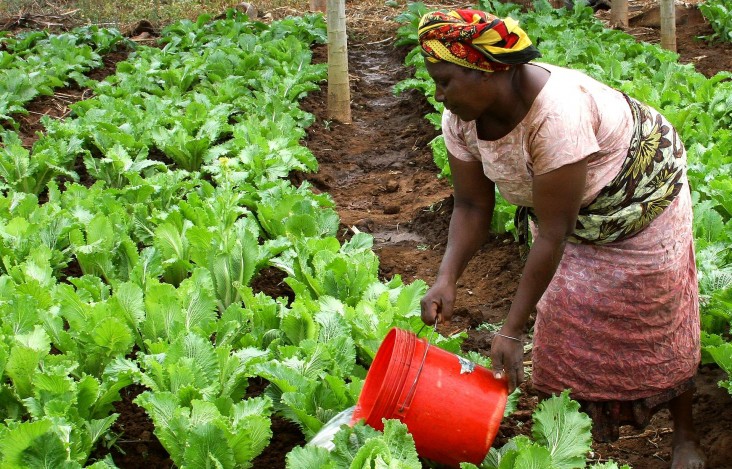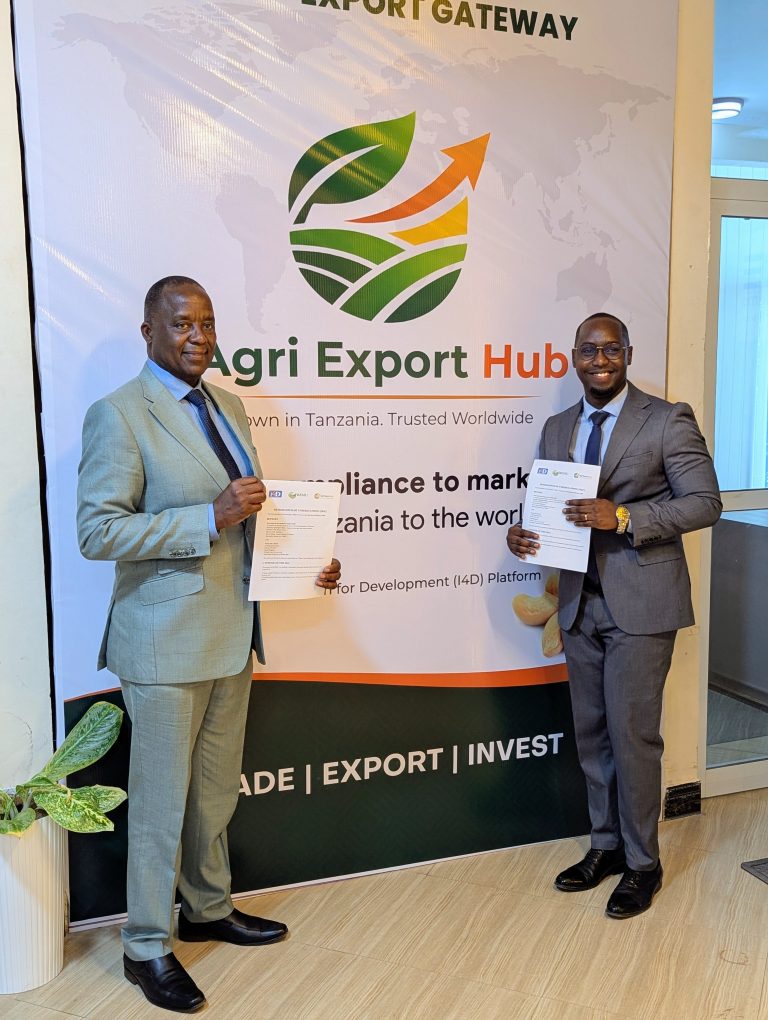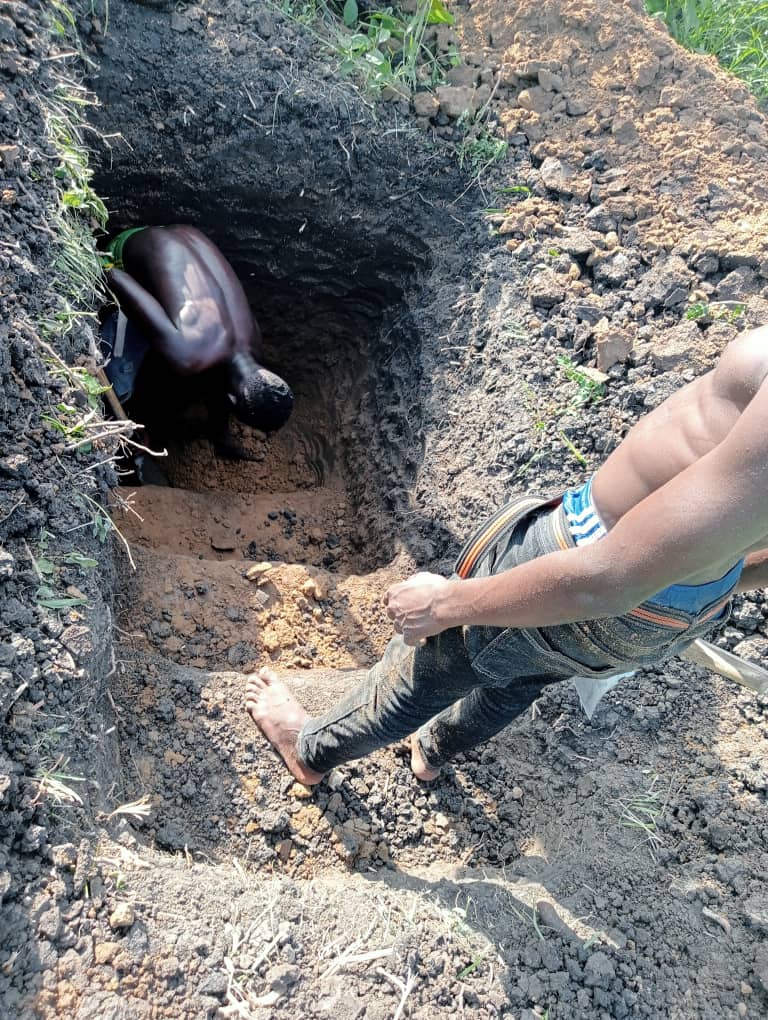
Registration costs for bio-pesticide products are significantly higher in Tanzania compared to other countries
By Semaweb Reporter
AGRICULTURAL pundits in Tanzania are concerned over poor awareness on proper use of bio-based pesticides, saying the situation is thwarting the farmers to benefit from the crucial organic- based inputs.
To this end, they observed that there has been excessive reliance on chemicalbased inputs among the farmers across the country, posing risks to crops, soil and consumers.
Biopesticides are certain types of pesticides derived from such natural materials as animals, plants, bacteria, and certain minerals.
During a round table forum, held at the University of Dar es Salaam (UDSM), the pundits, included researchers, raised concern over minimal adoption of bio-pesticides due to limited awareness and their relatively high costs.
The potential gathering attracted researchers, policymakers, government regulators and industry players.
The vision, among others was to delve on strategies to help increase the use of bio-based pesticides while reducing chemical-based inputs with an eye to protect crops and the environment.
Speaking at the forum, the Lead Researcher for the Agrobiological Project and a lecturer at UDSM, Dr Mesiah Ilomo expressed that low awareness among farmers about the benefits and application of bio-based pesticides was a central reason for convening the meeting.
“The government must scale up efforts to identify areas where awareness and usage can be increased,” she said.
She added that the meeting sought to unite various stakeholders, including researchers, policymakers, government officials, agrochemical companies, and other partners, to explore ways of promoting these safer alternatives.
“This forum targets to address the existing challenge of poor awareness of the bio pesticides among the farmers, and we’ve agreed to combine efforts to tackle them,” she unveiled.
Citing a vivid example, she said registration costs for bio-pesticide products are significantly higher in Tanzania compared to other countries.
“To address this challenge, we are mulling sober ways to develop relevant proposals for regulatory reforms,” she noted.
Mr Ramadhani Kilewa is a researcher and pesticide supervisor from the Tanzania Plant Health and Pesticides Authority (TPHPA) and during the meeting he said while most bio-pesticides are currently imported, local production has begun, with some factories already manufacturing them domestically.

“Our role focuses on enforcing policies and ensuring compliance with established standards. Although bio-pesticides are generally considered safe, their production, registration, importation, distribution, and sale must follow strict regulations to guarantee their quality and safety for humans, animals, and the environment,” said Mr Kilewa.
He refered to the Plant Health Act No 104 of 2020, which outlines the regulatory framework for bio-pesticides, ensuring their proper production and use.
Senior lecturer from the Department of Crop Science and Horticulture at Sokoine University of Agriculture (SUA) Mr Ramadhani Majubwa stated that their research aims to provide evidence on the effectiveness of organic farming technologies.
This would encourage small-scale farmers to adopt these innovations. A farmer, Ms Jackline Mbando, shared her success with bio-pesticides, noting their positive impact on her crops and market access.
“Using bio-based pesticides has helped me avoid market challenges. I also train my clients on their usage and encourage other farmers to adopt these methods as an example for others,” she said.






